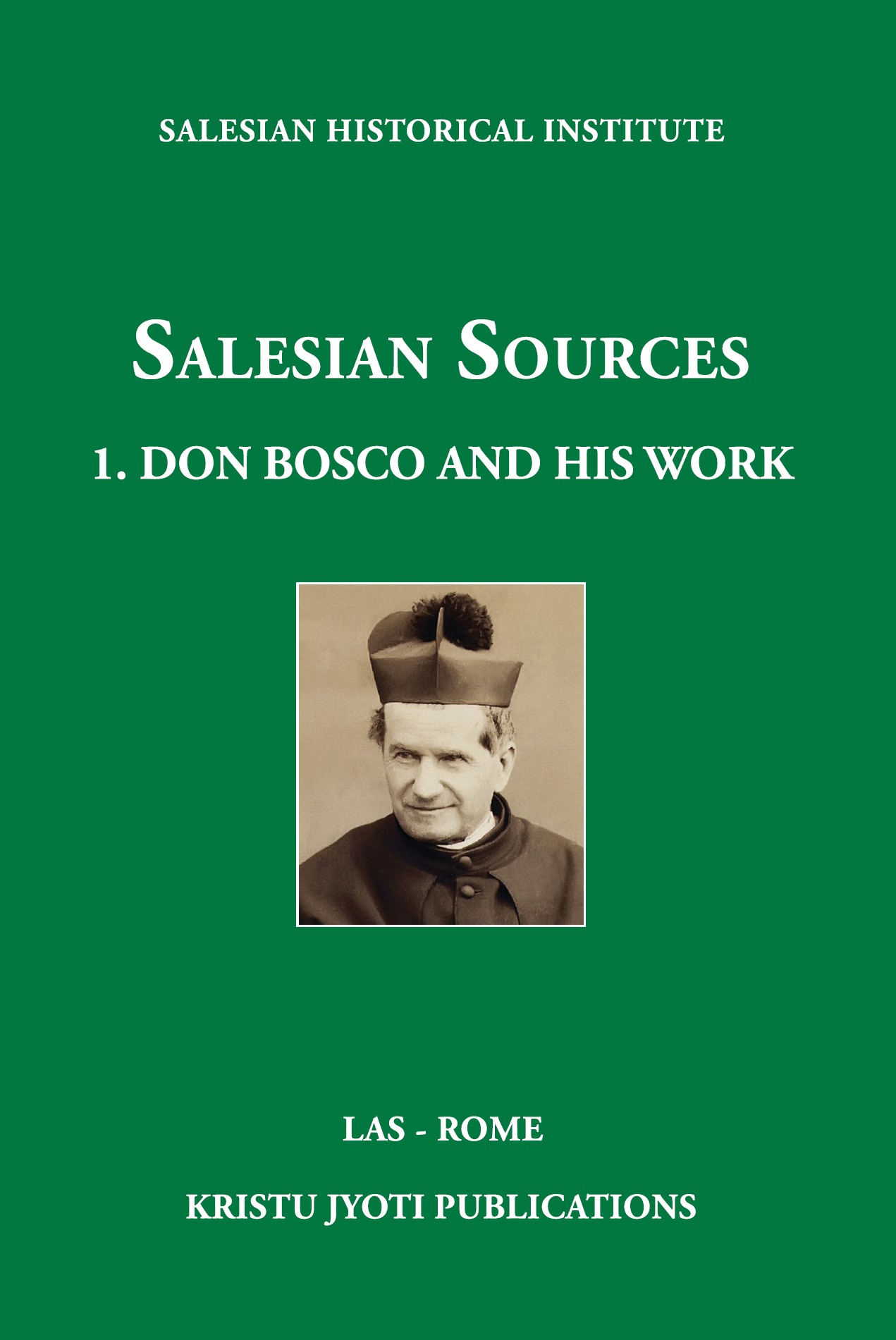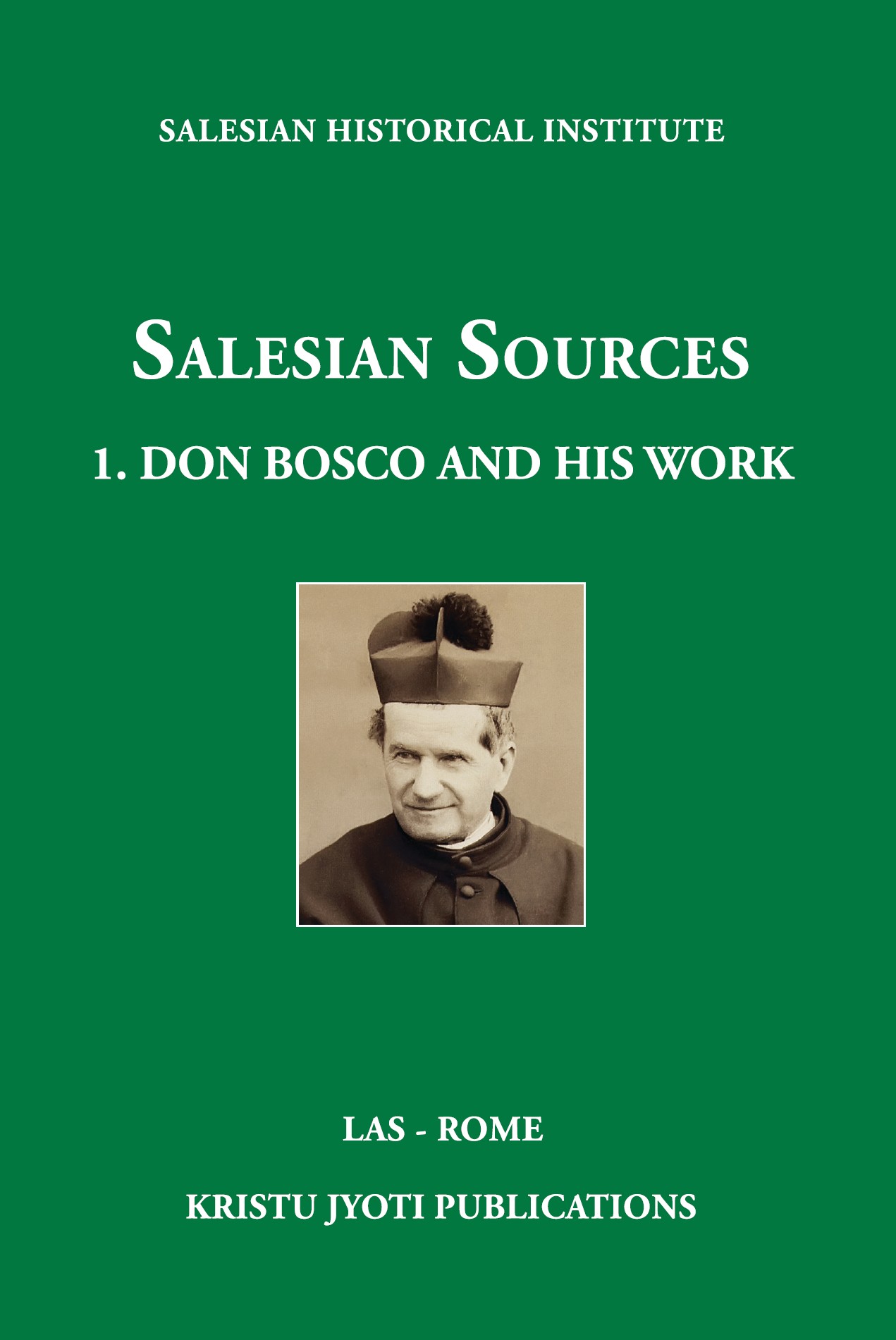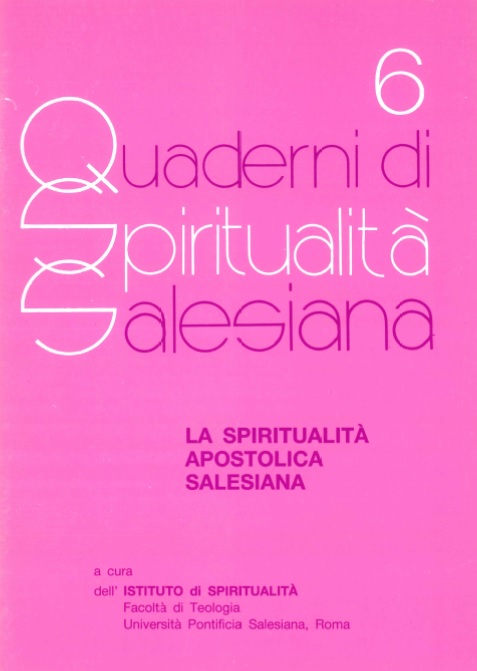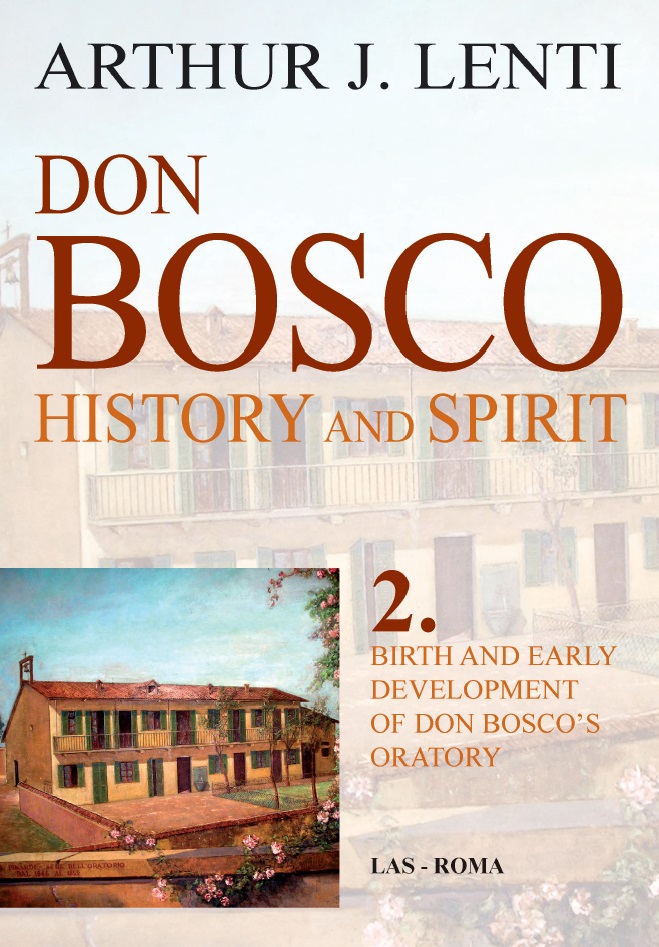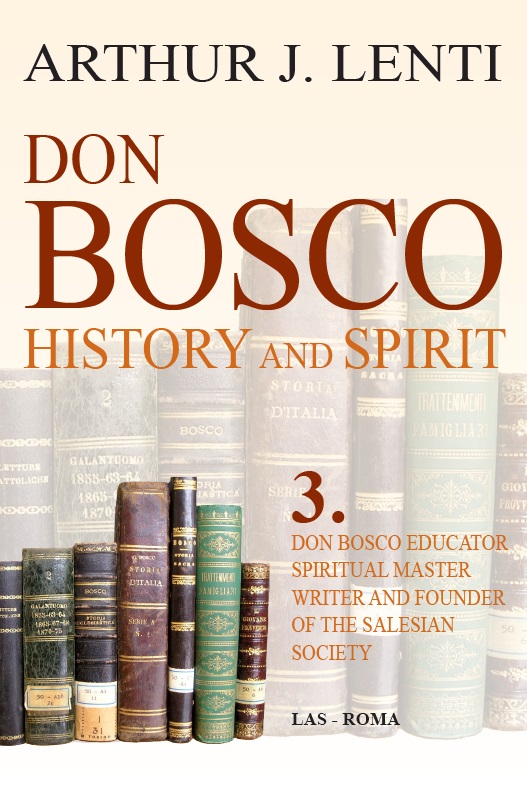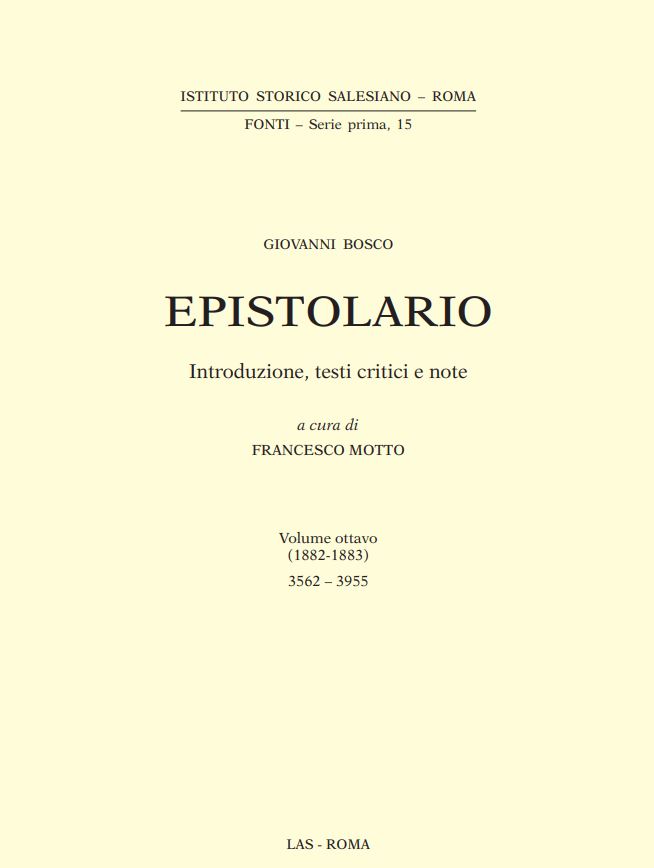Questo ottavo volume dell’epistolario di don Bosco raccoglie 394 lettere da lui scritte o sottoscritte nel biennio 1882-1883. Molte risultano sconosciute sia alle Memorie Biografiche, sia all’Epistolario curato da don Ceria; altre poi potranno sempre emergere da qualche archivio pubblico e privato, soprattutto di famiglie nobili. Quasi un centinaio sono quelle in lingua francese, due in spagnolo (1883) e quattro in latino (1882). Alle 394 lettere qui elencate in ordine cronologico vanno poi aggiunte le 21 lettere attestate, ma di cui si conosce solo sommariamente il contenuto (Appendice).
Continue reading “Giovanni Bosco – Epistolario. Volume ottavo (1882-1883)” →
